Q&A WITH EU TURKEY DELEGATION HEAD
'Judicial Reform Strategy is Important but We Need to See Implementation'
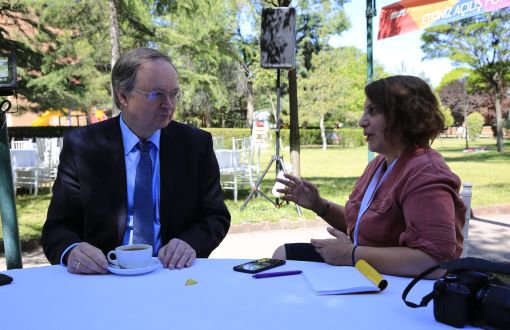
Click to read the article in Turkish
We have spoken with Berger on the relations between Turkey and the European Union (EU), the cooperation on migration and the government's judicial reform plans which also address long pretrial detention periods of political and civil society figures.
While the EU delegation head says they are positive about the government initiating a judicial reform program and the EU being consulted in the process, he notes that what happens in terms of legislation and implementation needs to be seen.
There is a refugee agreement between Turkey and the EU. How long it will be valid for and will the EU continue its assistance for refugees?
First of all, the EU has been providing assistance to Turkey even before this agreement was signed in 2016. We have had a long cooperation on border management along with cooperation and assistance in migration.
When there was more need, we discussed this with the Turkish government in 2016. Then we signed a statement for certain issues we have mentioned regarding migration.
Already at the beginning of 2016, we had set up facilities for refugees in Turkey, then with the statement in March 2016, we pledged to provide three billion euros in terms of financial assistance. When there was more need, which was exactly the case last year, we renewed and doubled it to six billion.
For the future, it is difficult to say at this moment because we are still working with the six billion that we have. But I'm sure if there is a need in the future after this period is over with the current assistance, we will find a way as we have done before.
There have been ups and downs in the relations between Turkey and the EU. Given the new judicial reform program, how do you expect the relations to continue?
It is no secret that this has been one of the main concerns about the rule of law and the judiciary and this has been stated on many occasions and certainly expressed by the European Council on a number of occasions.
So we welcome the work that is being done, the statements by Turkish politicians that they want to stay on the European path, they want to come close to the European Union again.
We were also consulted for the judicial reform strategy but we also have to see how this will be translated into concrete legislation and the implementation of that.
Long pretrial detention periods is a known issue in Turkey. Peoples' Democratic Party (HDP) former co-chair Selahattin Demirtaş is still behind bars despite ECtHR verdicts. Civil society figure Osman Kavala in also imprisoned. What do you say on this issue?
One of the issues regarding the rule of law was exactly that issue; the long periods of pretrial detention. We understand that the judicial reform program is addressing this issue as well, to reduce the long periods of pretrial detention.
We obviously fully support what the Council of Europe is saying and we work also with the Turkish authorities, minister of justice to make sure that judgments of the Council of Europe being translated into Turkish decisions. We have a project on this and we will make some progress on that as well and there were some positive comments from the experts that have been working on this. But as I said, we also need to see now the legislation that is coming out on the basis of the judicial reform strategy.
Is the EU hopeful in terms of the democratization of Turkey?
We have seen the strategy, we welcome certain aspects of it. I think more could be done. I understand the parliament is starting now the legislation on this. We need to see what that brings and we need to see the implementation. But of course, as I said we were positive about that we were consulted about it but there is something happening and that some of the issues that we have raised are being addressed. (EMK/VK)
Over 100 youths released after mass arrests during İmamoğlu protests

MALE VIOLENCE MONITORING REPORT MARCH 2025
Men killed 24 women in March
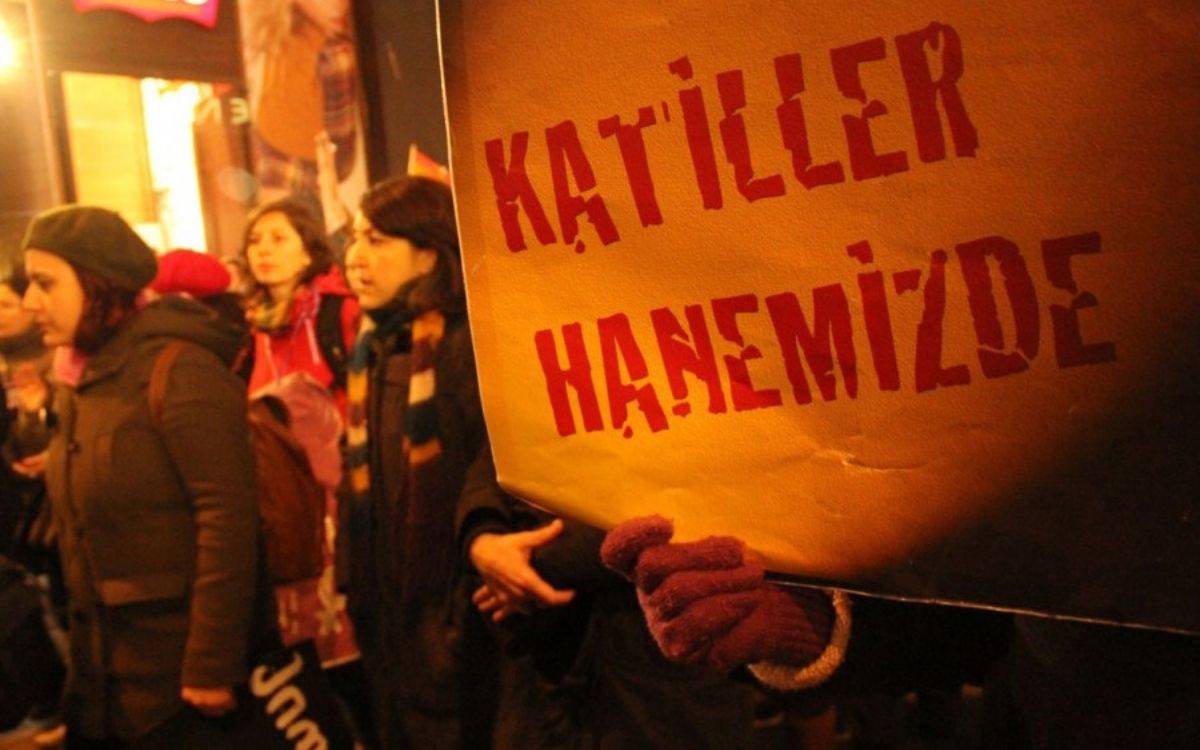
Woman alleges sexual harassment by police during İstanbul protest detention
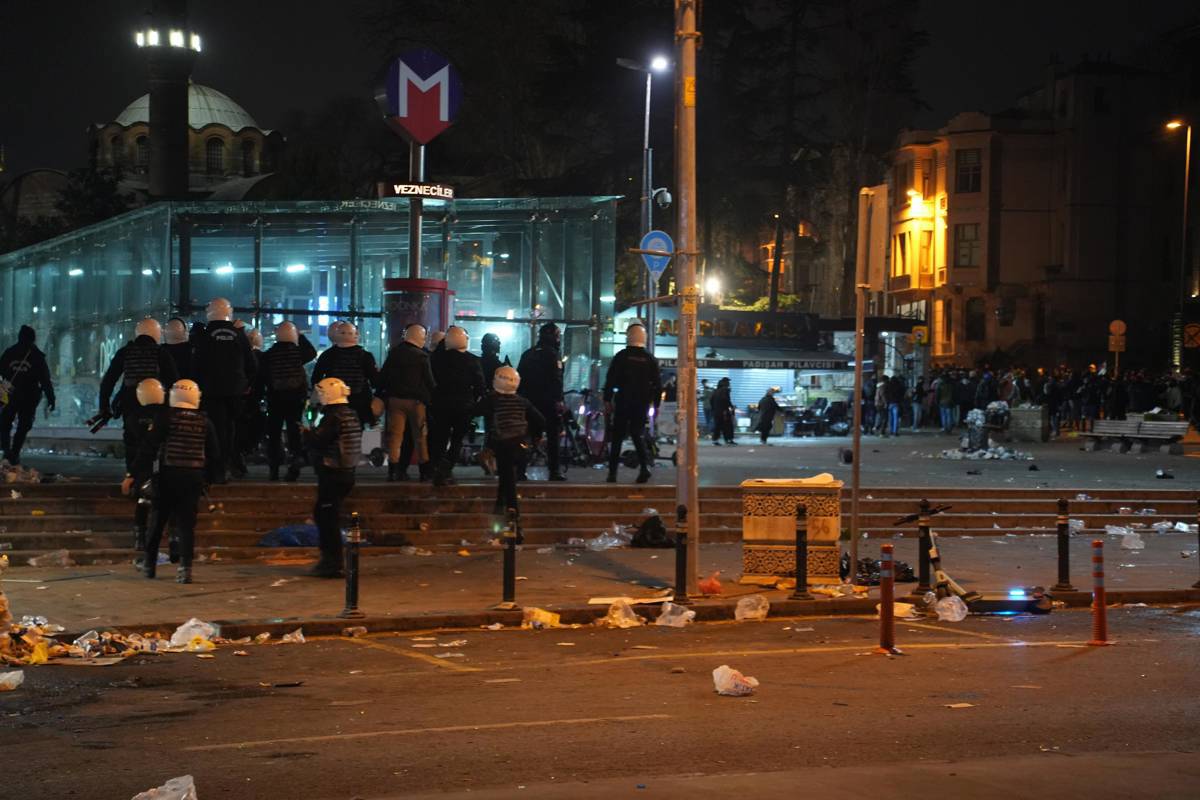
WOMEN'S DAY
Thousands attend Feminist Night March despite restrictions
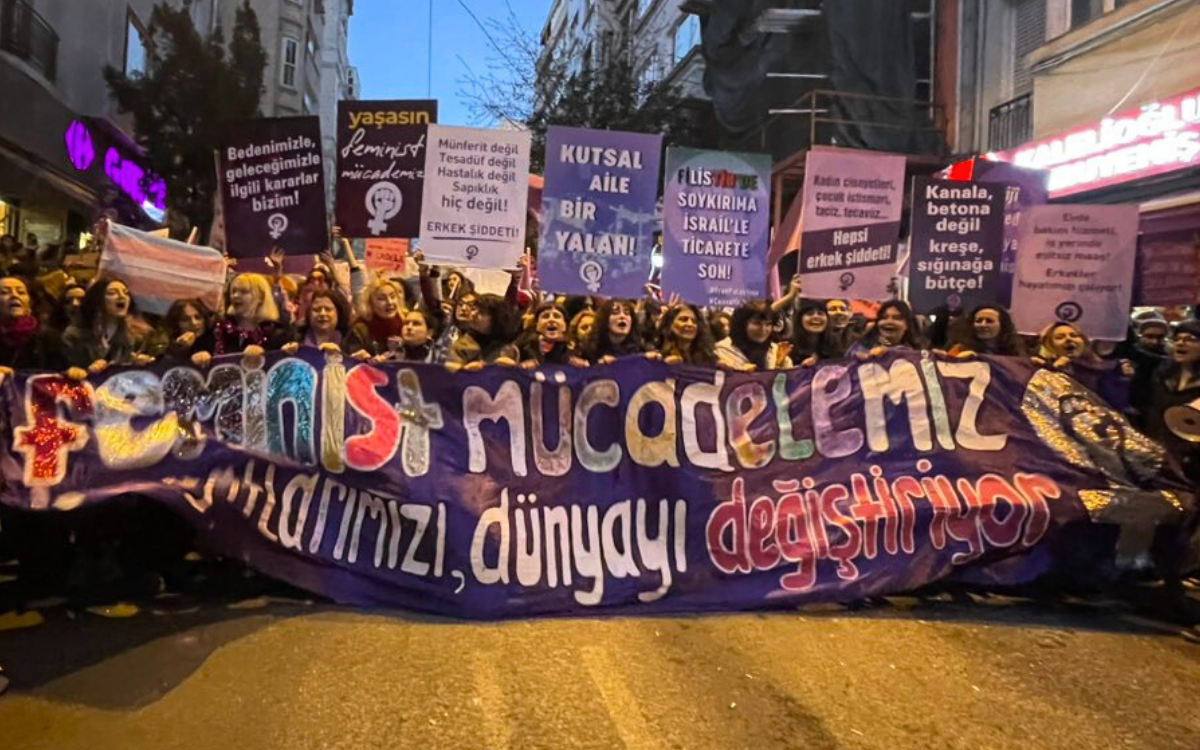
MALE VIOLENCE MONITORING REPORT FEBRUARY 2025
Men killed 17 women in February
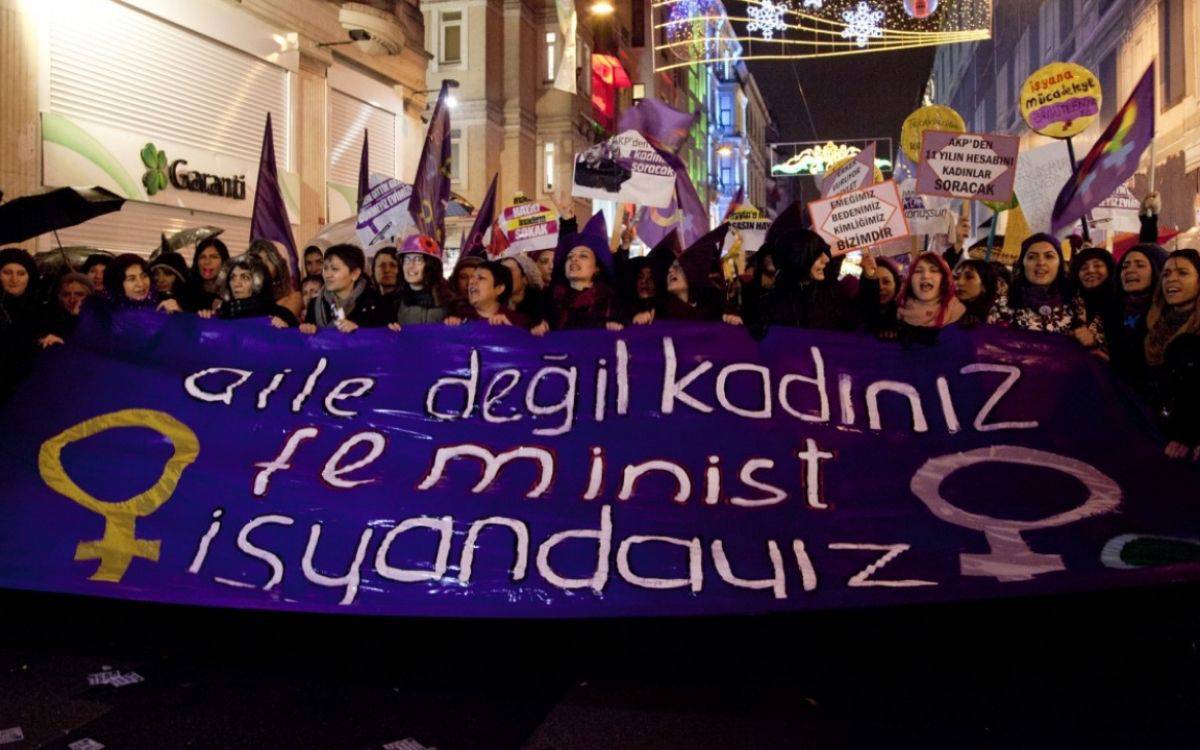





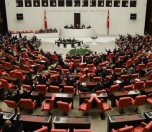
aaa.jpg)



